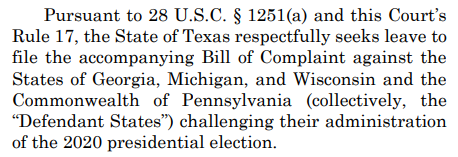
“Private” is doing a lot of heavy lifting in this argument.
So perhaps let’s try to bear in mind that while we consider letters (etc.) sent to other people to be personal, by default they are not private.
1/
So perhaps let’s try to bear in mind that while we consider letters (etc.) sent to other people to be personal, by default they are not private.
1/
https://twitter.com/sullydish/status/1363584536030937089
The distinction between public and private life is not the right to dragoon others into confidentiality just because you’d prefer it.
If @mpark6288 wanted to release nearly every text message I’ve ever sent him, that is *his* right.
2/
If @mpark6288 wanted to release nearly every text message I’ve ever sent him, that is *his* right.
2/
There’s no elder-sibling-younger-sibling confidentiality, or neighbor-neighbor confidentiality.
Once you have shared information with someone who is not obliged to keep your confidences, their rights include “tell people that shit”.
3/
Once you have shared information with someone who is not obliged to keep your confidences, their rights include “tell people that shit”.
3/
What is totalitarian is the idea that someone, particularly a government official, can force people into silence about conversations with him.
The choice of when to disclose personal correspondence is an intensely personal and ethical question.
4/4
The choice of when to disclose personal correspondence is an intensely personal and ethical question.
4/4
• • •
Missing some Tweet in this thread? You can try to
force a refresh













